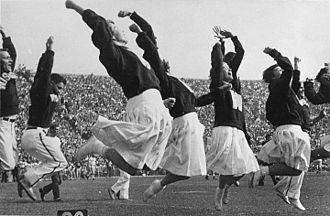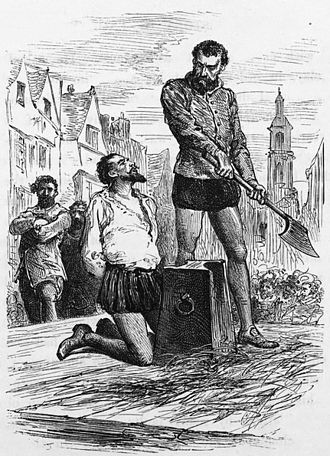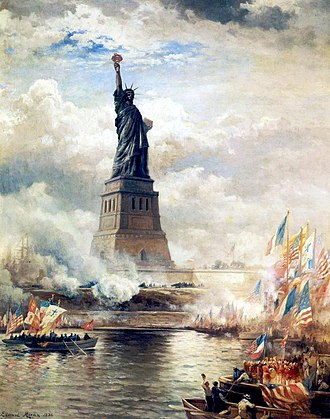 Speaking of places everybody’s watching, this is the anniversary of the 1st edition of the Times of India on November 3, 1838. And no, I don’t mean everybody was or is watching India. Back then it was Britain. And if Britain had quality newspapers, the inevitable question was why you didn’t.
Speaking of places everybody’s watching, this is the anniversary of the 1st edition of the Times of India on November 3, 1838. And no, I don’t mean everybody was or is watching India. Back then it was Britain. And if Britain had quality newspapers, the inevitable question was why you didn’t.
You could answer that newspapers were Western and imperialist and you didn’t want one. Before sneaking off to read a British one in private even if it was months old and tattered. Or you could say yours was as good. Or that you were planning one. Or that the government should do something. But you just couldn’t ignore the question.
Now the Times of India, which began life as The Bombay Times and Journal of Commerce, has generally aspired to give the second answer and done very well. It is the third-largest newspaper in India by circulation and the largest-selling English-language daily in the world. (And no, practically nobody cares what the largest-selling paper is in any other language; you see how this works.) And while it too may succumb to this dang Internet thing, it has consistently had a high reputation for quality.
It is an important Indian institution. And yet it is, of course, utterly foreign in origin and conception. Its original publisher was Raobahadur Narayan Dinanath Velkar, who you don’t get points for guessing was Indian. But its first editor was one J.E. Brennan and it published news from Britain as well as India and the world.
As of course it would because the “newspaper” is an entirely western idea, and moreover Anglosphere journalism has a tone not found even elsewhere in the West. And the “World Revolution of Westernization” so brilliantly discussed by Theodore von Laue in his book of the same name has swept over the world to the point that the only places that don’t have newspapers are either total backwaters or places that used to have them before the smartphone came along.
It’s now the United States. But for a long time, including the 19th century, it was Britain (and what could be a more British name than The Bombay Times and Journal of Commerce?). And you can curse imperialism until your teeth ache, and write endless stinging editorials against it. But you’ll still be writing them in a newspaper that you would not begin to have without imperialism, any more than you’d have editorials.






